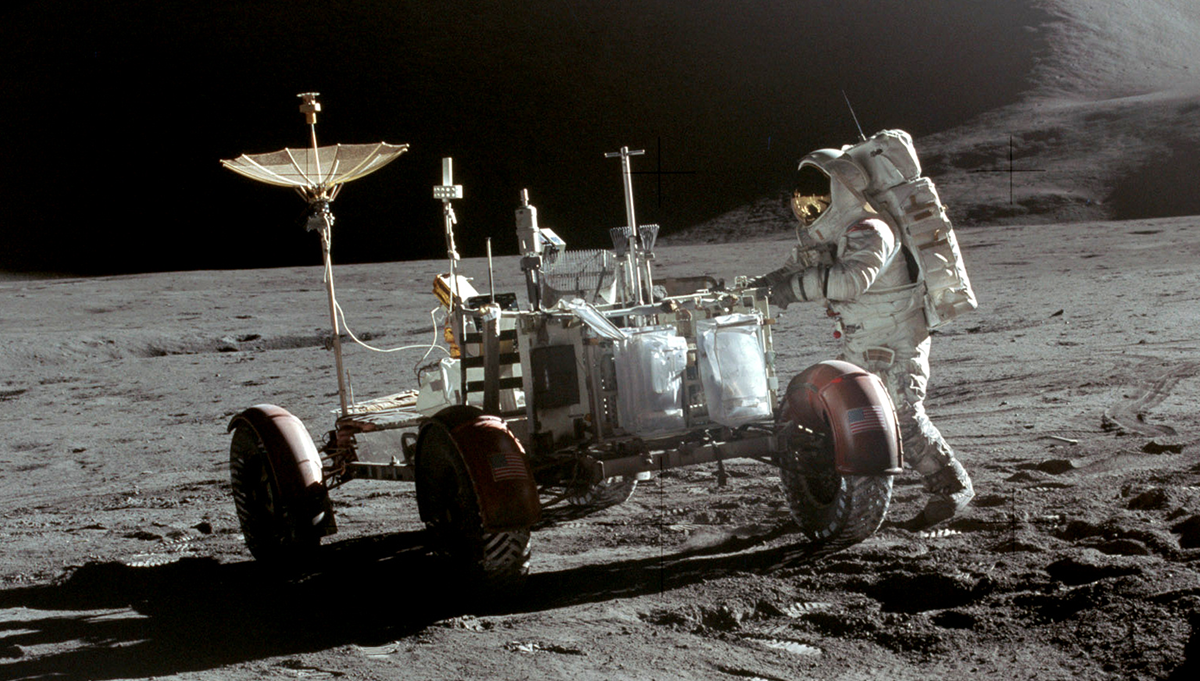February 26, 2010 Vol. 3, Issue 2
Experienced project leaders understand the importance of bringing together the right people and being adaptable to change, according to four expert practitioners from NASA and industry.
As a basketball coach many years ago, Deputy Chief Engineer Greg Robinson preferred man-to-man coverage rather than a zone defense. During a tough game where his strategy was falling short, his team weighed in: “Coach, we need to move to a zone defense.” Robinson listened to his players and made the switch, but soon discovered it was too late to turn the game around.
“I didn’t plan for change,” said Robinson, who participated in a panel on leadership with Ellen Ochoa (Deputy Director of Johnson Space Center), Eric Wieman (PDF) (Dell Perot Systems), and Vianna Tavares (PDF) (ARES Aerospace and Defense in Brazil).
“Plans are nothing, but planning is everything,” said Ochoa, paraphrasing Eisenhower. She added that leaders understand and are prepared for this.
In addition to adaptability to change, the panelists agreed that good leaders are capable of surrounding themselves with the right people. Talent is not always clear from a resume or a list of references. The right people come from a leader creating the right environment and asking the right questions of potential candidates. “You don’t take donkeys to the Kentucky Derby,” said Robinson, quoting the father of University of Tennessee basketball coach Pat Summitt. “It’s all about the people.”
An audience member pointed out that sometimes the right people are not available, or managers are often just handed a team. What does a good leader do then? In most cases, the panelists said, it is more effective to assign a poor performing member a manageable task rather than to get rid of him or her altogether. Find out what motivates a poor performer, suggested Tavares, and then define a role that he or she can execute.
Ultimately, leadership is about maintaining a consistency between words and actions. In a climate of change, being open and admitting to mistakes is central to successful leadership, according to Robinson. “You have to manage for success,” he said. “You can’t manage for failure.”





